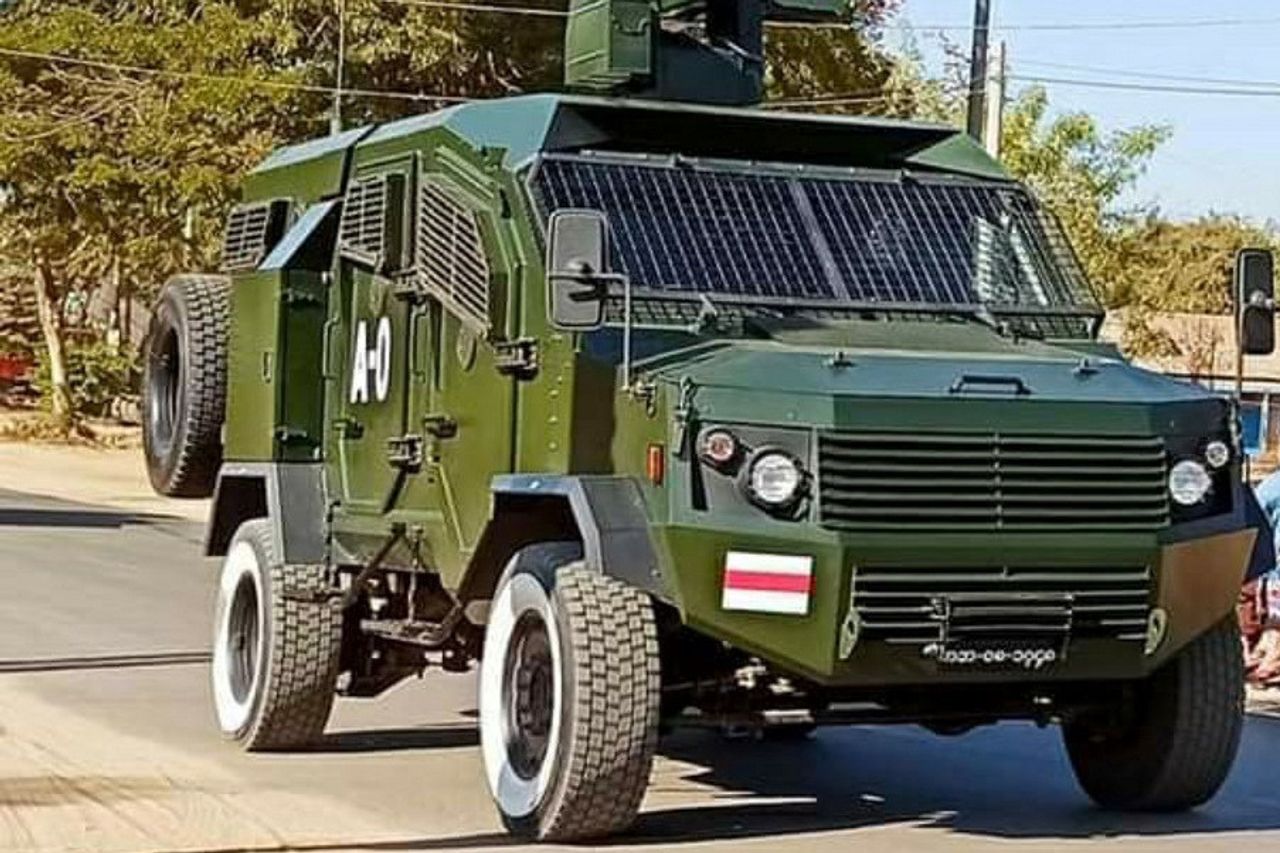Myanmar Military Deploys Armored Vehicles And Thugs, Residents Hold Night Guard

JAKARTA - The Myanmar military has tightened security in various regions of the Thousand Pagoda Country, along with the deployment of massive armored vehicles to terminating internet access and the deployment of thugs, to anticipate the development of protests against the Myanmar military coup.
On Sunday night, armored vehicles appeared in the commercial capitals of Yangon, Myitkyina, and Sittwe, the capital of Rakhine state. This is the first time the military has deployed a large-scale armored vehicle since February 1. After midnight, the internet in Myanmar was cut off.
On Monday, more than a dozen police trucks with four water cannon vehicles were deployed near the Sule Pagoda in Yangon, which has become one of the centers for protests in the commercial capital.
Soldiers were also deployed to a power station in the northern state of Kachin, where there are many protesters, on suspicion of cutting off electricity.
Apart from the army, the Myanmar military is also suspected of deploying thugs to create security disturbances, while at the same time creating clashes with citizens.
This was responded by residents holding night guard or patrol, by organizing groups of security guards, to prevent the thugs. For example, like the people of Yangon.
This indication has been seen since last Friday night when several foreigners were seen behaving suspiciously in several areas in Yangon, Mandalay, and other cities amid the imposition of a curfew.
After being arrested by residents, some were found with large amounts of cash or under the influence of drugs. Most of them are unable to provide a proper excuse for their late-night behavior.
Their sudden appearance also coincided with the military regime's pardon of more than 23,000 prisoners, mostly criminals, and rumors of arson and attempts to poison drinking water supplies.
These remind citizens of the same tactics used by the Myanmar military 33 years ago, in the 1988 democratic uprising, where provocateurs were sent to riot. So, when there is instability, the military can go further.
"One thing is for sure, they (the military) provoke instability. Only if that happens, they can justify their actions. People experienced this kind of scenario in 1988", said resident U Than Soe, according to The Irrawaddy.
It is known that residents began to guard after curfew at neighborhood security posts. The residents also armed themselves with sizable batons.


